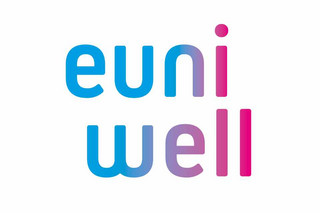The ‘Lesser-Used Languages Classroom’ (LULaC) project offers an opportunity to promote and teach lesser-used languages in Europe. Coordinated by Inalco University (Institut national des langues et civilisations orientales, Paris), four of the eleven members of the European University for Well-Being (EUniWell) – an alliance of European universities led by the University of Cologne – are taking part in this project. In addition to the University of Cologne and Inalco, the University of Florence and the Taras Shevchenko National University of Kyiv are also involved. The aim is to develop teaching and learning materials that will be available on the future EUniWell Learning Management System, thus creating a sustainable digital platform for language promotion and teaching.
With funding of 400,000 euros from the Erasmus+ funding line ‘Cooperation Partnership in Higher Education’, the LULaC project is dedicated to the development of teaching materials for rarely taught languages. The materials will be based on the Common European Framework of Reference for Languages (CEFR) and will initially be developed for two pilot languages, Turkish and Ukrainian. In future, the digital language courses will be provided via an open source platform and made available to a wider audience via the EUniWell network.
Professor Dr Julie A. Panagiotopoulou from the University of Cologne is involved with the LULaC project: “As an educationalist and migration researcher specializing in language policy in families and educational institutions, I appreciate this opportunity to promote these rarely taught languages in the context of the university. This can emphasize the importance of family languages as educational capital, but can also help to break down existing language hierarchies and recognize multilingualism as a social reality.”
The EUniWell alliance aims to promote the well-being of society as a whole through education, research and social commitment and to make Europe a region of social participation and academic excellence.
Media Contact:
Dr Julie A. Panagiotopoulou
Department of Education and Social Sciences
a.panagiotopoulouuni-koeln.de
Professor Dr Beatrix Busse
Vice-Rector for Teaching and Studies of the University of Cologne
beatrix.busseuni-koeln.de
Press and Communications Team:
Lara Marie Andres
Communications Manager
European University for Well-being (EUniWell)
The University of Cologne
lara.andresuni-koeln.de
Press Spokesperson: Dr Elisabeth Hoffmann – e.hoffmann@verw.uni-koeln.de
